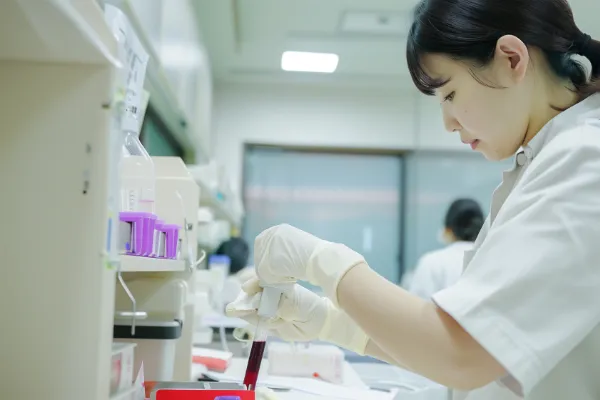Summary of this article
While genetic testing is a powerful tool for assessing health risk and susceptibility to certain diseases based on individual genes, there are several potential risks and caveats. Below are the primary risks and concerns associated with genetic testing.
1. privacy and data handling
Because genetic testing involves the analysis of personal DNA information, the risk of privacy is one of the most significant concerns. Leakage of test results or genetic information could lead to unauthorized use by third parties, which could lead to discrimination in life or medical insurance, for example. Therefore, when taking a genetic test, it is important to check the data handling policy and privacy policy of the testing company.
2. Psychological impact
Genetic test results can have a strong psychological impact on the person tested because they indicate an individual’s future health risk and susceptibility to disease. For example, a result indicating a high likelihood of contracting a particular disease may cause anxiety and stress, which may affect one’s daily life. Professional counseling is recommended because accurate genetic test results do not necessarily mean that a person will develop the disease.
3. Limitations of test results
Genetic testing is a powerful tool for identifying specific diseases and risks, but current technology cannot cover all genetic and environmental factors. For example, while genetic testing may detect common genetic mutations or mutations associated with a particular disease, it does not elucidate all disease risks. Even if the test results do not detect a disease-associated mutation, other factors may cause the disease.

4. risk of misunderstanding or misinterpretation
Accurately understanding the results of a genetic test is not easy. Without specialized knowledge, there is a risk of misinterpreting the presence or absence of a genetic mutation and its meaning. For example, if a genetic mutation is found, it may not immediately cause the disease. Also, genetic test results should be interpreted in the context of other health data and should not be used alone as a definitive diagnosis. Professional counseling and advice are important.
5. social and ethical issues
There are also social and ethical issues associated with genetic testing. In particular, prenatal genetic testing may involve decisions and choices based on the genetic information of the fetus. For example, a woman may be faced with the decision of whether or not to continue a pregnancy if a particular genetic abnormality is found, which can create an ethical dilemma.
6. misjudgment or technical error
Although genetic testing is highly accurate, there is a possibility of erroneous results due to technical errors, sample mix-ups, or laboratory mismanagement. Although this is rare, it is important to choose a reliable laboratory because erroneous results can affect serious decisions.
summary
Genetic testing is a very useful tool in understanding an individual’s health and disease risk, but it should be used with caution. It is recommended that privacy, psychological effects, and interpretation of test results be fully understood and used appropriately with professional advice.
Latest Articles
Supervisor of the article

Dr. Hiroshi Oka
Graduated from Keio University, Faculty of Medicine
Doctor of Medicine
Medical Doctor









